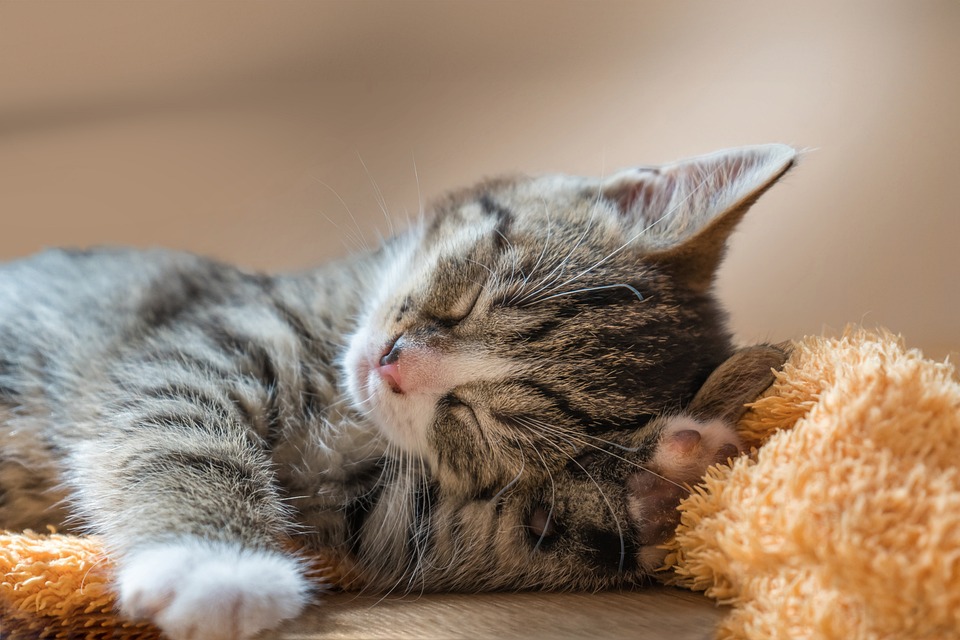Cats are natural hunters, and engaging in play mimics their hunting behavior, providing them with physical exercise, mental stimulation, and stress relief. Playtime allows cats to maintain a healthy body by preventing obesity, muscle atrophy, and weight-related health issues. It also stimulates their minds, sharpens their cognitive skills, and prevents the development of destructive behaviors caused by boredom or frustration.
Playtime acts as a stress-reliever for cats, allowing them to release pent-up energy and reduce anxiety levels. It promotes a calmer and happier state of mind, reducing the likelihood of stress-related health issues.
Cat play behavior is deeply rooted in their instincts as predatory animals. When cats engage in play, they exhibit natural hunting behaviors such as pouncing, stalking, and chasing. Play allows cats to fulfill their hunting instincts in a safe and controlled environment.
During play, cats experience a surge of endorphins, also known as “feel-good” hormones, which enhance their overall well-being. Playtime can also strengthen the bond between cats and their human companions. Participating in interactive play sessions with your cat helps build trust, reinforces the human-animal bond, and promotes a healthy relationship.
To engage in playtime with your cat, it is recommended to spend at least 15-20 minutes twice a day. The frequency and duration may vary depending on your cat’s age, health, and individual preferences. It is important to observe your cat’s behavior and adjust the playtime accordingly.
Offering a variety of toys is essential to keep your cat engaged during playtime. Toys that mimic prey, such as feather wands or interactive puzzle toys, are usually well-received. Experiment with different toys and observe which ones your cat enjoys the most.
Playtime is beneficial for cats of all ages, including older cats. While older cats may have reduced energy levels, engaging in play can still provide mental stimulation and help maintain their physical health. Adjust the intensity and duration of play sessions to suit your older cat’s needs.
If your cat shows no interest in play, it is important to consult with a veterinarian to rule out any underlying health issues. Additionally, try different types of toys and play techniques to find what captures your cat’s attention.
In conclusion, understanding the science behind cat play reveals its significance in a cat’s well-being. Regular playtime not only helps maintain their physical health but also provides mental stimulation, stress relief, and strengthens the bond between cats and their human companions. So, grab those toys and engage in playtime with your feline friend to unlock the benefits it offers for their overall happiness and vitality.








